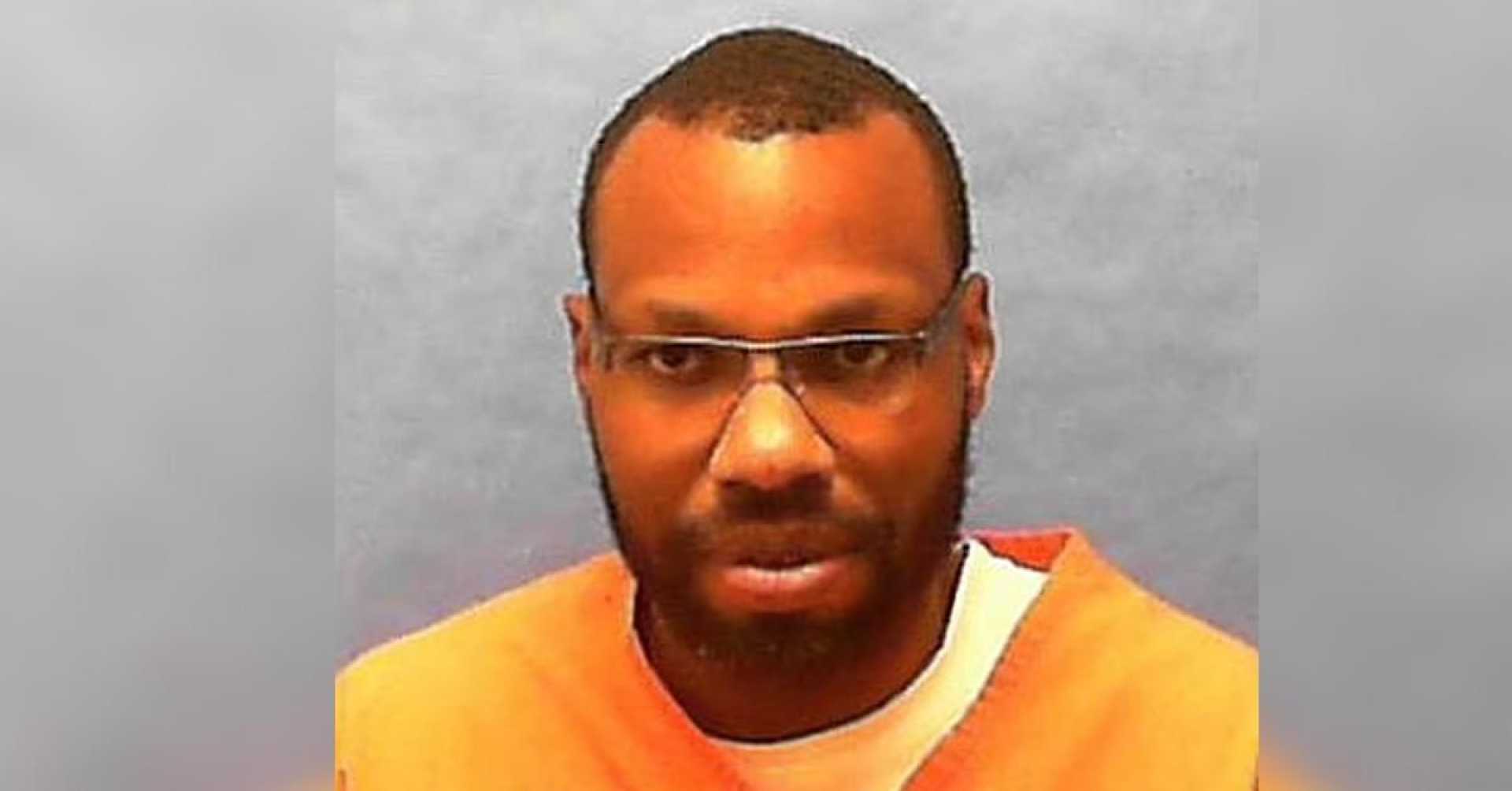News
Miami Judge’s Text Messages Lead to Overturning of Notorious Gang Leader’s Death Penalty

In a significant development in a long-standing and contentious case, Corey Smith, the leader of a violent Liberty City gang, will no longer face the death penalty due to revelations from text messages involving a judge and prosecutors. Smith was convicted of two murders in 2005 and received lesser penalties for the deaths of four others, but his case has been marred by controversy and allegations of misconduct by the prosecution.
The latest move by prosecutors to drop the death penalty comes after the release of text messages between the state attorney and an original prosecutor on the case, who is now an appeals court judge. These messages, along with other communications, have exposed questionable actions by the Miami-Dade State Attorney’s Office. The defense team has argued that these texts reveal unethical behavior, including criticism of defense attorneys and derogatory remarks about other judges.
The case has been complicated by the passage of time, with several key witnesses and testifying police officers having died since the indictment was filed 24 years ago. Additionally, some witnesses have become uncooperative, further weakening the prosecution’s case. The Miami-Dade State Attorney’s Office acknowledged that “cold transcripts” of prior testimony are not as impactful as live witnesses, leading them to conclude that a lesser sentence of life imprisonment is more appropriate.
The controversy surrounding the case was further highlighted by the resignation of senior prosecutor Michael Von Zamft in March, following a damning jailhouse phone call to a convicted killer connected to the gang. A judge had also issued a rare order removing prosecutors from the case due to misconduct, including manipulating witnesses and improperly withholding relevant records from the defense.
With the death penalty no longer an option, the defense will continue to seek the dismissal of all of Smith’s convictions from 2005, citing the newly revealed evidence of prosecutorial misconduct).












